AARP Hearing Center

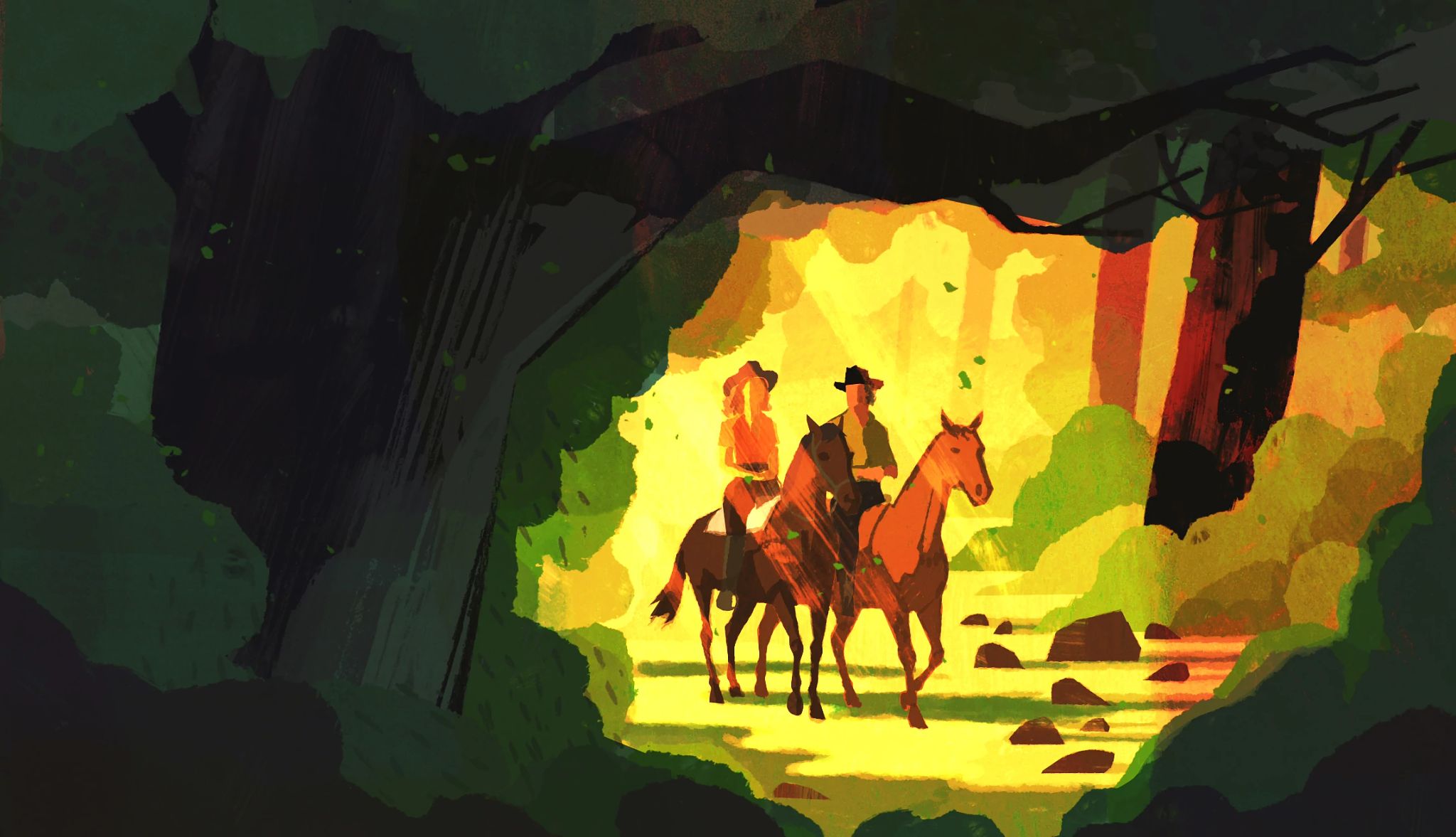
Chapter 7
Sophia
Okay, she thought to herself as soon as the words left her mouth. Maybe that was a little too forward.
She blamed it on Marcia. If only Marcia hadn’t pestered her with questions last night and all morning about what had happened the night before and the fact that she was going to the ranch today; if only she hadn’t vetoed the first two outfits that Sophia had selected, all the while repeating, “I can’t believe you’re going riding with that hottie!” then Sophia wouldn’t have been so nervous. Eye candy. Hot. Hottie. Marcia insisted on using those words instead of his name. As in, “So Mr. Eye Candy swooped in and saved you, huh?” or, “What did you and the hottie talk about?” or simply, “He’s so hot!” It was no wonder she’d missed the turn after getting off the highway; by the time she’d pulled in the drive, she could feel a tiny bead of sweat trickling down her rib cage. She wasn’t necessarily anxious, but she was definitely on edge, and whenever that happened she talked a lot and found herself taking cues from people like Marcia and Mary-Kate. But then sometimes her old self would come barreling through and she’d blurt out things better left unsaid. Like today. And last night, when she said she’d like to go horseback riding.
And Luke hadn’t helped matters. He’d walked up to her car in that soft chambray work shirt and jeans, his brown curls trying to escape his hat. He’d barely raised those long-lashed blue eyes, surprising her with his shyness, when she felt her stomach do a little flip. She liked him . . . really liked him. But more than that, for whatever reason, she trusted him. She had the impression that his world was ordered by a sense of right and wrong, that he had integrity. He wasn’t preoccupied with pretending to be something he wasn’t, and his face was an open book. When she surprised him, she could see it instantly; when she teased him, he laughed easily at himself. By the time he finally mentioned the barn . . . well, she just couldn’t help herself.
Although she thought she detected something that resembled a blush, he just ducked his head and popped inside to grab another hat. When he returned, they set off side by side, falling into an easy rhythm. Dog ran ahead and then came rushing back to them before darting off in yet another direction, a moving bundle of energy. Little by little, she felt her anxiety dissipate. They skirted the grove of trees that surrounded his house, angling toward the main drive. As the vista opened before her, she took in the main house, with its big covered porch and black shutters, backed by a copse of towering trees. Beyond it stood the aging barn and lush pastures nestled amid green rolling hills. In the distance, the banks of a small lake were dotted with cattle, smoky blue-tipped mountains near the horizon framing the landscape like a postcard. On the opposite side of the drive stood a grove of Christmas trees, planted in neat, straight rows. A breeze moved through the grove, making a soft fluting sound that resembled music.
“I can’t believe you grew up here,” she breathed, taking it all in. She motioned toward the house. “Is that where your mom lives?”
“I was actually born in that farmhouse.”
“What? No horses fast enough to get to the hospital?”
He laughed, seemingly more relaxed since they’d left his house. “A lady on the next ranch over used to be a midwife. She’s a good friend of my mom’s, and it was a way to save some money. She’s like that—my mom, I mean. She’s kind of a hawk when it comes to expenses.”
“Even for childbirth?”
“I’m not sure she was fazed by childbirth. Living on a farm, she’d been around a lot of births. Besides, she was born in the house, too, so she was probably thinking, What’s the big deal?”
Sophia felt the gravel crunching beneath her boots. “How long has your family owned the ranch?” she asked.
“A long time. My great-grandfather bought most of it in the 1920s, and then, when the Depression hit, he was able to add to it. He was a pretty good businessman. From there, it became my grandfather’s, and then my mom’s. She took over when she was twenty-two.”
As he answered, she looked around, amazed at how remote it felt despite its proximity to the highway. They passed the farmhouse, and on the far side there were smaller weather-beaten wooden structures surrounded by fencing. When the wind shifted, Sophia caught the scent of conifer and oak. Everything about the ranch was a refreshing change from the campus where she spent most of her time. Just like Luke, she thought, but she tried not to dwell on the observation. “What are those buildings?” she asked, pointing.
“The closest one is the henhouse, where we keep the chickens. And behind that is where we keep the hogs. Not many, only three or four at a time. Like I mentioned last night, we mainly do cattle here.”
“How many do you have?”
“More than two hundred pair,” he said. “We also have nine bulls.”
She furrowed her brow. “Pair?”
“A mature cow and her calf.”
“Then why don’t you just say you have four hundred?”
“That’s just the way they’re counted, I guess. So you know the size of the herd you can offer for sale that year. We don’t sell the calves. Others do—that’s veal—but we’re known for our grass-fed, organic beef. Our customers are mainly high-end restaurants.”
They followed the fence line, approaching an ancient live oak with massed limbs that spread in all directions like a spider. As they passed beneath the canopy of its limbs, they were greeted with a shrill assortment of bird cries, sounding their warnings. Sophia lifted her gaze to the barn as they neared it, realizing that Luke hadn’t been kidding. It looked abandoned, the entire structure listing slightly and held together by rotting boards. Ivy and kudzu crawled up the sides, and a section of the roof appeared entirely stripped of shingles.
He nodded toward it. “What do you think?”
“I’m wondering if you ever think of razing it, just to show mercy?”
“It’s sturdier than it looks. We just keep it this way for effect.”
“Maybe,” she said with a skeptical expression. “Either that, or you’ve never gotten around to fixing it.”
“What are you talking about? You should have seen it before the repairs.”
She smiled. He thought he was so funny. “Is that where you keep the horses?”
“Are you kidding? I wouldn’t put them in that death trap.”
This time, she laughed despite herself. “What do you use the barn for, then?”
“Storage, mostly. The mechanical bull is in there, too, and that’s where I practice, but other than that, it’s mainly filled with broken stuff. A couple of broken-down trucks, a tractor from the fifties, used well pumps, broken heat pumps, stripped engines. Most of it is junk, but like I said, my mom is funny about expenses. Sometimes I can find a part that I need to fix whatever needs fixing.”
“Does that happen a lot? That you find something?”
“Not too much. But I can’t order a part until after I check. It’s one of my mom’s rules.”
Beyond the barn stood a small stable, open on one side to a medium-size corral. Three big-chested horses studied them as they approached. Sophia watched as Luke opened the door to the stable and produced three apples from the sack he’d been carrying.
“Horse! Get over here!” he called out, and at his command a chestnut-colored horse ambled in his direction. The two darker horses followed. “Horse is mine,” he explained. “The others are Friendly and Demon.”
She hung back, knitting her brows in concern. “I think I should probably ride Friendly, huh?” she said.
“I wouldn’t,” he said. “He bites and he’ll try to throw you. He’s awful for anyone but my mom. Demon, on the other hand, is a sweetheart.”
She shook her head. “What is it with you and animal names?” By the time she turned toward the pasture again, Horse had sidled up close, dwarfing her. She stepped back quickly, though Horse—focused on Luke and the apples—didn’t appear to notice her.
“Can I pet him?”
“Of course,” he said, holding out the apple. “He likes his nose rubbed. And scratch him behind the ears.”
She wasn’t ready to touch his nose, but she ran her fingers gently behind the ears, watching as they tilted in pleasure, even as the horse continued to chomp on the apple.
Luke led Horse to a stall, and Sophia watched as he readied it for the ride: bridle, pad, and eventually the saddle, every movement practiced and unconscious. As he worked, his jeans pulling tight as he bent over, Sophia felt the heat rise in her cheeks. Luke was just about the sexiest thing she’d ever seen. She quickly turned away, pretending to study the rafters as he finished up and turned to saddle Demon.
“Okay,” he said, adjusting the stirrup lengths. “You ready?”
“Not really,” she admitted. “But I’ll try. You’re sure he’s a sweetheart?”
“He’s like a baby,” Luke assured her. “Just put your hand on the horn and put your left boot in the stirrup. Then just swing your leg over.”
She did as he told her, climbing onto the horse even as her heart began to race. As she tried to get comfortable, it occurred to her that the horse beneath her was like a giant muscle ready to flex.
“Umm . . . it’s higher than I thought it would be.”
“You’ll be fine,” he said, handing her the reins. Before she had time to protest, he was already on Horse, obviously at ease.
“Demon doesn’t need much,” he said. “Just touch the reins against his neck and he’ll turn for you, like this. And to make him go, just tap his sides with your heels. To make him stop, pull back.” He demonstrated a couple of times, making sure she understood.
“You do remember that this is my first time, right?” she asked.
“You told me.”
“And just so you know, I have no desire to do anything crazy. I don’t want to fall off. One of my sorority sisters broke her arm on one of these animals, and I don’t want to be stuck wearing a cast while I have to write papers.”
He scratched at his cheek, waiting. “Are you finished?” he asked.
“I’m just setting the ground rules.”
He sighed, shaking his head in amusement. “City girls,” he said, and with a flick of his wrist, Horse turned and began walking away. A moment later, Luke had leaned over and lifted the gate latch, allowing it to swing open. He made his way through it, the stall blocking her line of sight. “You’re supposed to follow me,” he called out.
With her heart still beating fast and her mouth dry as sawdust, she took a deep breath. There was no reason she couldn’t do this. She could ride a bike, and this wasn’t all that different, right? People rode horses every day. Little kids rode horses, so how hard could it be? And even if it was hard, so what? She could do hard. English lit with Professor Aldair was hard. Working fourteen hours in the deli on Saturdays when all her friends were going to the city was hard. Letting Brian run her through the wringer—now that had been hard. Steeling herself, she fluttered the reins and tapped Demon on the sides.
Nothing.
She tapped again.
His ear twitched, but otherwise he remained as immobile as a statue.
Okay, not so easy, she thought. Demon obviously wanted to stay home.
Luke and Horse wandered back into view. He lifted the brim of his hat. “Are you coming?” he asked.
“He doesn’t want to move,” she explained.
“Tap him and tell him what you want him to do. Use the reins. He needs to feel that you know what you’re doing.”
Fat chance, she thought. I have no idea what I’m doing.
She tapped again, and still nothing.
Luke pointed at the horse like a schoolteacher reprimanding a child. “Quit messing around, Demon,” he finally barked. “You’re scaring her. Get over here.” Miraculously, his words were enough to get the horse moving without Sophia doing anything at all. But because she was caught off guard, she rocked backward in the saddle and then, trying to keep her balance, instinctively lunged forward.
Demon’s ear twitched again, as if he were wondering if the whole thing was some sort of practical joke.
She held the reins with both hands, ready to make him turn, but Demon didn’t need her. He passed through the gate, snorting at Horse as he passed, and then stopped while Luke shut the gate behind her and returned to her side.
He kept Horse at a slow but steady walk, and Demon was content to walk beside him without any work at all on her part. They crossed the drive and veered onto a path that skirted the last row of Christmas trees.
The scent of evergreen was stronger here, reminding her of the holidays. As she gradually grew used to the rhythm of the horse’s gait, she felt small weights lifting from her body and her breathing returning to normal.
The far end of the grove gave way to a thin strand of forest, maybe a football field wide. The horses picked their way through an overgrown trail, almost on auto-pilot, uphill and then downhill, winding deeper into an untamed world. Behind them, the ranch slowly drifted from view, gradually making her feel as if she were in a distant land.
Luke was content to leave her alone with her thoughts as they made their way deeper into the trees. Dog ran ahead, nose to the ground, vanishing and reappearing as he veered this way and that. She ducked beneath a low-hanging branch and watched from the corner of her eye as Luke leaned to avoid another, the ground becoming rockier and densely carpeted. Thickets of blackberries and holly bushes sprouted in clumps, hugging the moss-covered trunks of oak trees. Squirrels darted along the branches of hickory trees, chattering a warning, while shafts of fractured sunlight cut through the foliage, lending her surroundings a dreamlike quality.
“It’s beautiful out here,” Sophia said, her voice sounding strange to her own ears.
Luke turned in his saddle. “I was hoping you’d like it.”
“Is this your land, too?”
“Some of it. We share it with a neighboring ranch. It acts as a windbreak and property border.”
“Do you ride out here often?”
“I used to. But lately, I’m only out here when one of the fences is broken. Sometimes, the cattle wander out this way.”
“And here I was, thinking this is something you do with all the girls.”
He shook his head. “I’ve never brought a girl out here.”
“Why not?”
“I just never thought of it, I guess.”
He seemed as surprised by the realization as she was. Dog trotted up, checked to make sure they were okay, then wandered off again. “So tell me about this old girlfriend. Angie, was it?”
He shifted slightly, no doubt surprised that she remembered. “There’s not really much to tell. Like I told you, it was just a high school thing.”
“Why did it end?”
He seemed to reflect on the question before answering. “I went on the tour the week after I graduated from high school,” he said. “Back then, I couldn’t afford to fly to the events, so I was on the road an awful lot. I’d leave on Thursday and wouldn’t get home until Monday or Tuesday. Some weeks, I never made it home at all, and I don’t blame her for wanting something different. Especially since it wasn’t likely to change.”
She digested this. “So how does it work?” she asked, shifting in her saddle. “If you want to be a bull rider, I mean? What do you have to do to get into it?”
“There’s not much to it, really,” he answered. “You buy your card with the PBR—”
“PBR?” she asked, cutting him off.
“Professional Bull Riders,” he said. “They run the events. Basically, you sign up and pay your entry fee. When you get to the event, you draw a bull and they let you ride.”
“You mean anyone can do it? Like if I had a brother and he decided that he wanted to start riding tomorrow, he could?”
“Pretty much.”
“That’s ridiculous. What if someone has no experience at all?”
“Then they’d probably get hurt.”
“Ya think?”
He grinned and scratched under the brim of his hat. “It’s always been like that. In rodeo, most of the prize money comes from the competitors themselves. Which means that people who are good at it like it when the other riders aren’t so good. It means they have a better chance to walk away from an event with cash in their pocket.”
“That seems kind of heartless.”
“How else would you do it? You can practice all you want, but there’s only one way to know whether you can ride and that’s to actually try it.”
Thinking back, she wondered how many of the riders last night were first timers. “Okay, someone enters an event and let’s say he’s like you and he happens to win. What happens next?”
He shrugged. “Bull riding is a little different than traditional rodeo. Bull riders have their own tour these days, but actually it’s two tours. You have the big one, which is the one on television all the time, and you have the little tour, which is kind of like the minor leagues. If you earn enough points in the minor leagues, you get promoted to the major leagues. In this sport, that’s where the real money is.”
“And last night?”
“Last night was an event on the little tour.”
“Have you ever ridden in the big tour?”
He reached down, patting Horse’s neck. “I rode in it for five years.”
“Were you good?”
“I did all right.”
She evaluated his answer, remembering that he’d said the same thing last night—when he’d won. “Why do I get the sense that you’re a lot better than you’re implying?”
“I don’t know.”
She scrutinized him. “You might as well tell me how good you were. I can always Google you, you know.”
He sat up straighter. “I made the PBR World Championships four years in a row. To do that, you have to be in the top thirty-five in the standings.”
“So you’re one of the best, in other words.”
“I was. Not so much anymore. I’m pretty much starting over again.”
By then, they’d reached a small clearing near the river and they brought the horses to a halt on the high bank. The river wasn’t wide, but Sophia had the sense that the slow-moving water was deeper than it appeared. Dragonflies flitted over the surface, breaking the stillness, causing tiny ripples that radiated to the edge. Dog lay down, panting from his exertions, his tongue hanging out the side of his mouth. Beyond him, in the shade of a gnarled oak tree, she noticed what seemed to be the remains of an old camp, with a decaying picnic table and an abandoned fire pit.
“What is this place?” she asked, adjusting her hat.
“My dad and I used to come fishing here. There’s a submerged tree under the water just over there, and it’s a great place to catch bass. We used to stay out here all day. It was kind of our place, just for the two of us. My mom hates the smell of fish, so we’d catch them and clean and cook them out here before bringing them back to the farmhouse. Other times, my dad would bring me out here after practice and we’d just stare at the stars. He never graduated from high school, but he could name every constellation in the sky. I had some of the best times of my life out here.”
She stroked Demon’s mane. “You miss him.”
“All the time,” he said. “Coming out here helps me remember him the right way. The way he should be remembered.”
She could hear the loss in his tone, sense the tightness in his posture. “How did he die?” she asked, her voice soft.
“We were coming home from an event in Greenville, South Carolina. It was late and he was tired and a deer suddenly tried to dart across the highway. He didn’t have time to even jerk the wheel, and the deer went through the windshield. The truck ended up rolling three times, but even before then, it was too late. The impact broke his neck.”
“You were with him?”
“I dragged him out of the wreckage,” he said. “I can remember holding him and frantically trying to get him to wake up until the paramedics got there.”
She paled. “I can’t even imagine something like that.”
“Neither could I,” he said. “One minute, we’re talking about my rides, and the next minute, he was gone. It didn’t seem real. It still doesn’t. Because he wasn’t just my dad. He was my coach and partner and friend, too. And . . .” He trailed off, lost in thought, then slowly shook his head. “And I don’t know why I’m telling you all this.”
“It’s okay,” she said, her voice soft. “I’m glad you did.”
He acknowledged her words with a grateful nod. “What are your parents like?” he asked.
“They’re . . . passionate,” she finally said. “About everything.”
“What do you mean?”
“You’d have to live with us to understand. They can be crazy about each other one minute and screaming at each other in the next, they have deep opinions on everything from politics to the environment to how many cookies we should have after dinner, even what language to speak that day—”
“Language?” he asked, breaking in.
“My parents wanted all of us to be multilingual, so on Mondays we spoke French, Tuesdays was Slovak, Wednesdays was Czech. It used to drive me and my sisters crazy, especially when we had friends come over, because they couldn’t understand anything that anyone was saying. And they were perfectionists when it came to grades. We had to study in the kitchen, and my mom would quiz us before every test. And let me tell you, if I ever brought home a score that wasn’t absolutely perfect, my mom and dad acted like it was the end of the world. My mom would wring her hands and my dad would tell me how disappointed he was and I’d end up feeling so guilty that I’d study again for a test that I’d already taken. I know it’s because they never wanted me to struggle like they did, but it could be a little oppressive at times. On top of that, all of us had to work in the deli, which meant that we were pretty much always together . . . let’s just say that by the time college rolled around, I was looking forward to making my own decisions.”
Luke lifted an eyebrow. “And you chose Brian.”
“Now you sound like my parents,” she said. “They didn’t like Brian from the beginning. As nuts as they are about some things, they’re actually pretty smart. I should have listened to them.”
“We all make mistakes,” he said. “How many languages do you speak?”
“Four,” she answered, pushing up the brim of her hat in the same way he did. “But that includes English.”
“I speak one, including English.”
She smiled, liking his comment, liking him. “I don’t know how much good it will do me. Unless I end up working at a museum in Europe.”
“Do you want to do that?”
“Maybe. I don’t know. Right now, I’d be willing to work anywhere.”
He was quiet when she finished, absorbing what she’d said to him. “Listening to you makes me wish I had been more serious about school. I wasn’t a bad student, but I wasn’t brilliant, either. I didn’t work very hard at it. But now, I can’t help thinking that I should have gone to college.”
“I’d think it’s a lot safer than riding bulls.”
Though she meant it as a joke, he didn’t smile. “You’re absolutely right.”
+++
After leaving the clearing by the river, Luke took her on a leisurely tour of the rest of the ranch, their conversation wandering from one subject to the next, Dog always roaming in their vicinity. They rode between the Christmas trees and skirted past the beehives, and he led her through the rolling pastureland used by the cattle. They talked about everything from the kind of music they liked to their favorite movies to Sophia’s impressions of North Carolina. She told him about her sisters and what it was like to grow up in a city, and also about life on the cloistered campus at Wake. Though their worlds were entirely different, she was surprised to discover that he seemed to find her world just as fascinating as she found his.
Later, when she had gained a bit more confidence in the saddle, she brought Demon to a trot and eventually to a canter. Luke rode beside her the whole time, ready to grab her if she was about to fall, telling her when she was leaning too far forward or back and reminding her to keep the reins loose. She hated trotting, but when the horse cantered, she found it easier to adjust to the steady, rolling rhythm. They rode from one fence to the next and back again, four or five times, moving a little faster with every lap. Feeling a little more sure of herself, Sophia tapped Demon and urged him to go even faster. Luke was caught unawares and it took a few seconds for him to catch up, and as they raced beside each other, she reveled in the feel of the wind in her face, the experience terrifying and exhilarating. On the way back, she urged Demon to go even faster, and when they finally brought the horses to a halt a few minutes later, she started to laugh, the surge of adrenaline and fear spilling out of her.
When the giddy waves of laughter eventually passed, they slowly made their way back to the stables. The horses were still breathing hard and sweating, and after Luke removed the saddles, she helped him brush them down. She fed Demon an apple, already feeling the first twinges of soreness in her legs but not caring in the slightest. She’d ridden a horse—actually ridden!—and in a burst of pride and satisfaction, she looped her arm through Luke’s as they strolled back to the house.


























































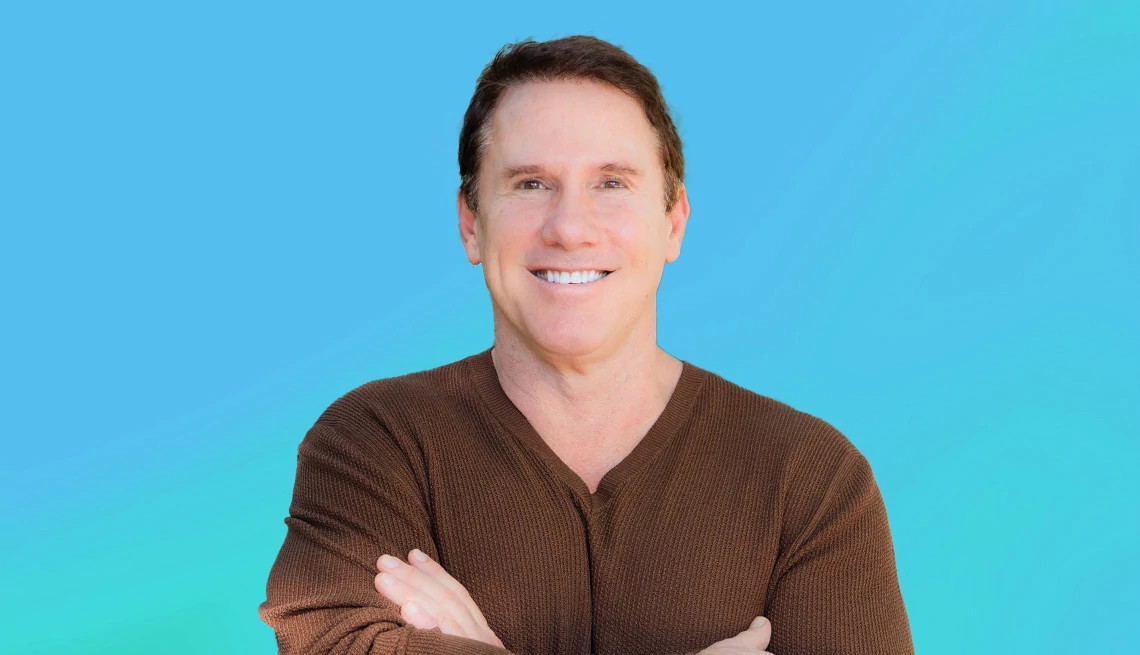.jpg?crop=true&anchor=0,0&q=80&color=ffffffff&u=lywnjt&w=1140&h=655)
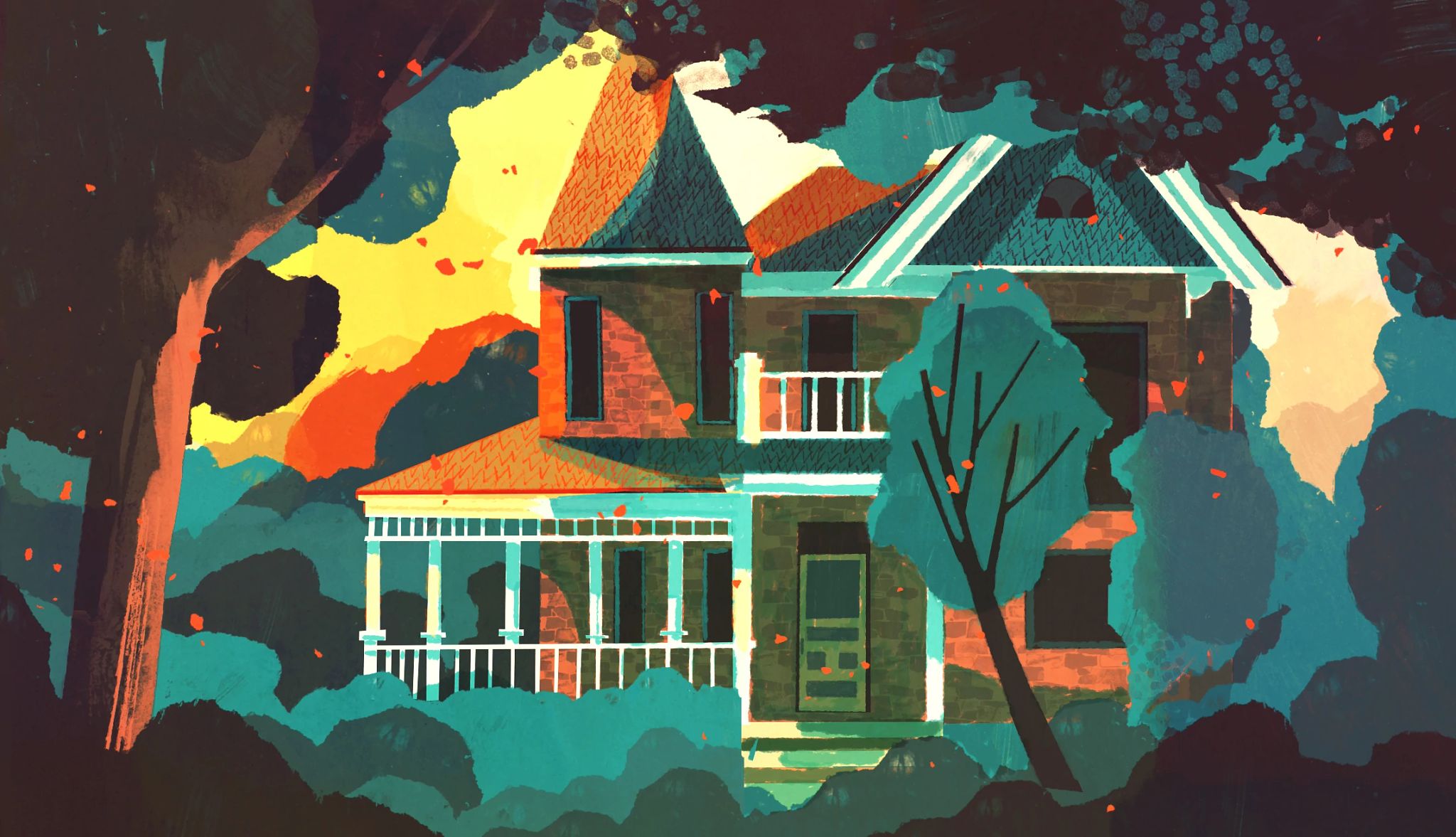
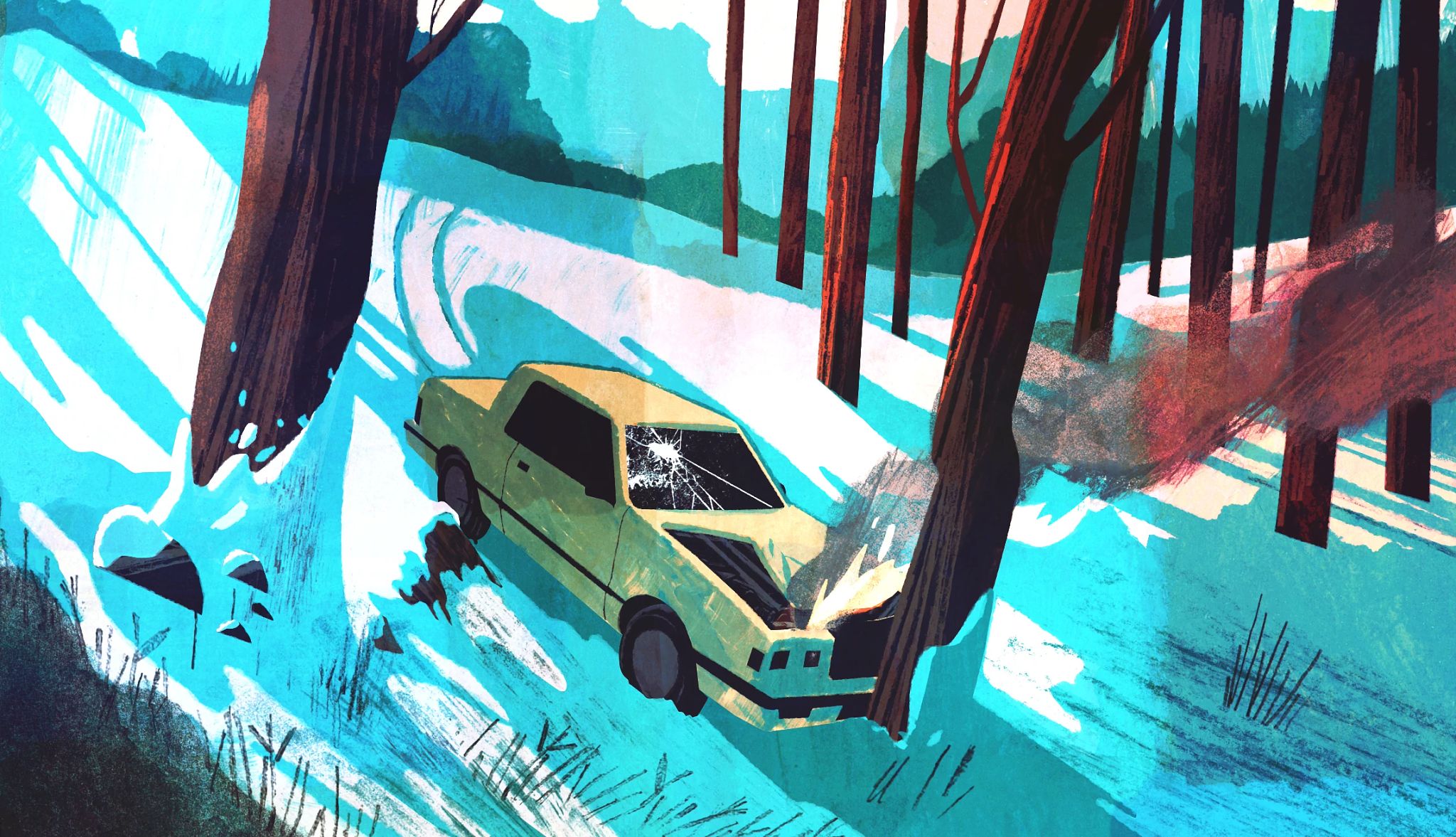
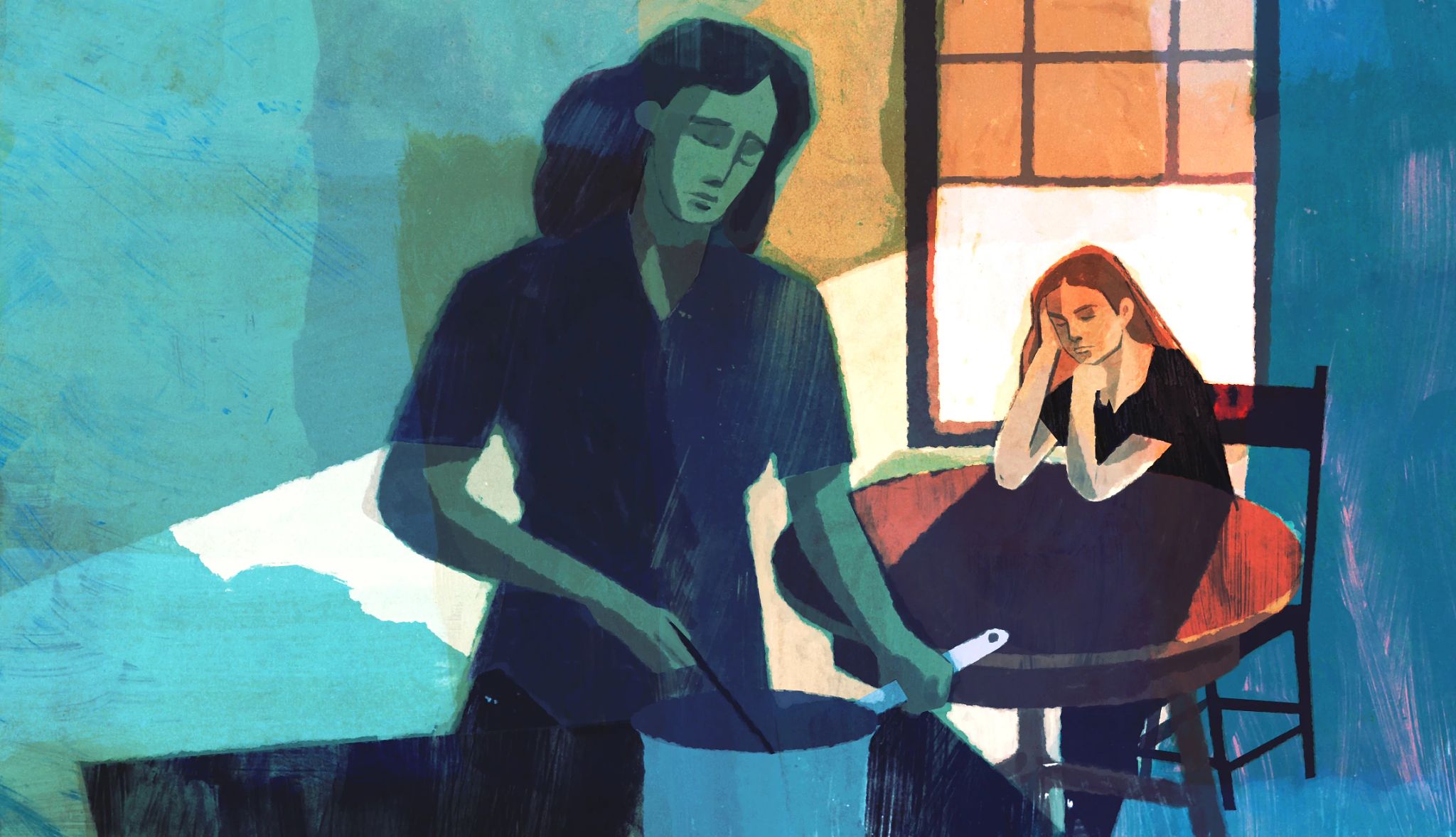
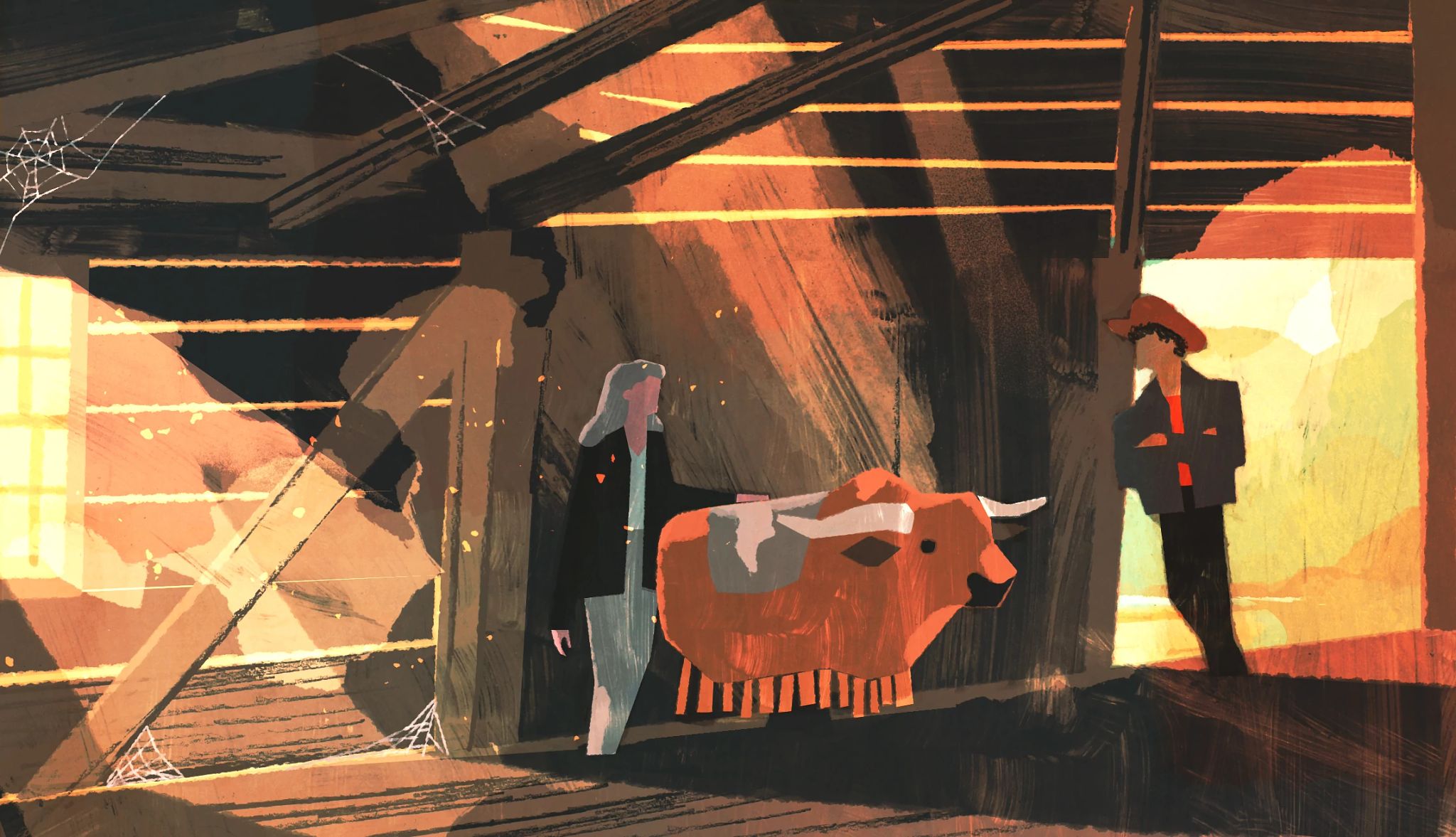
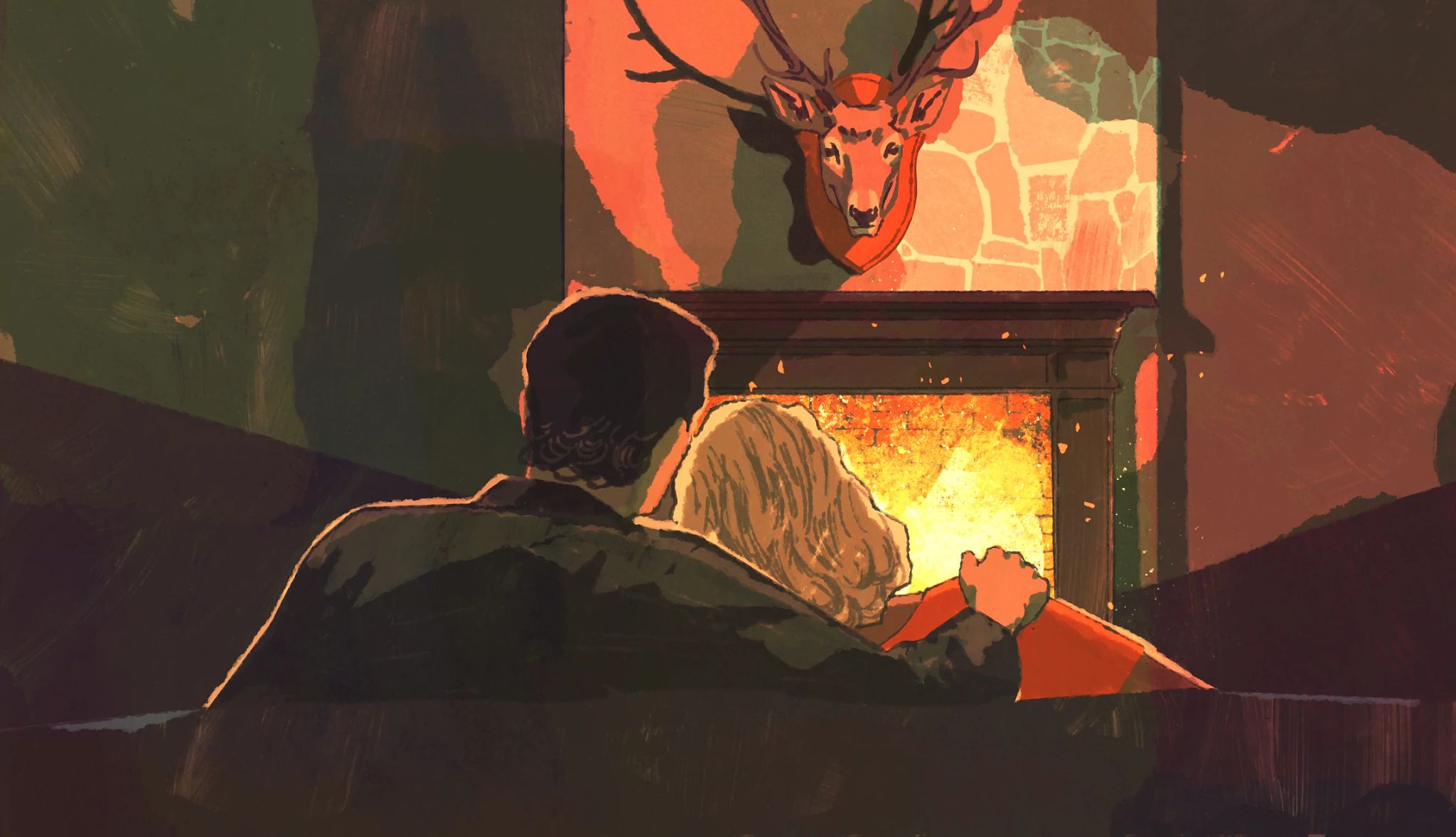
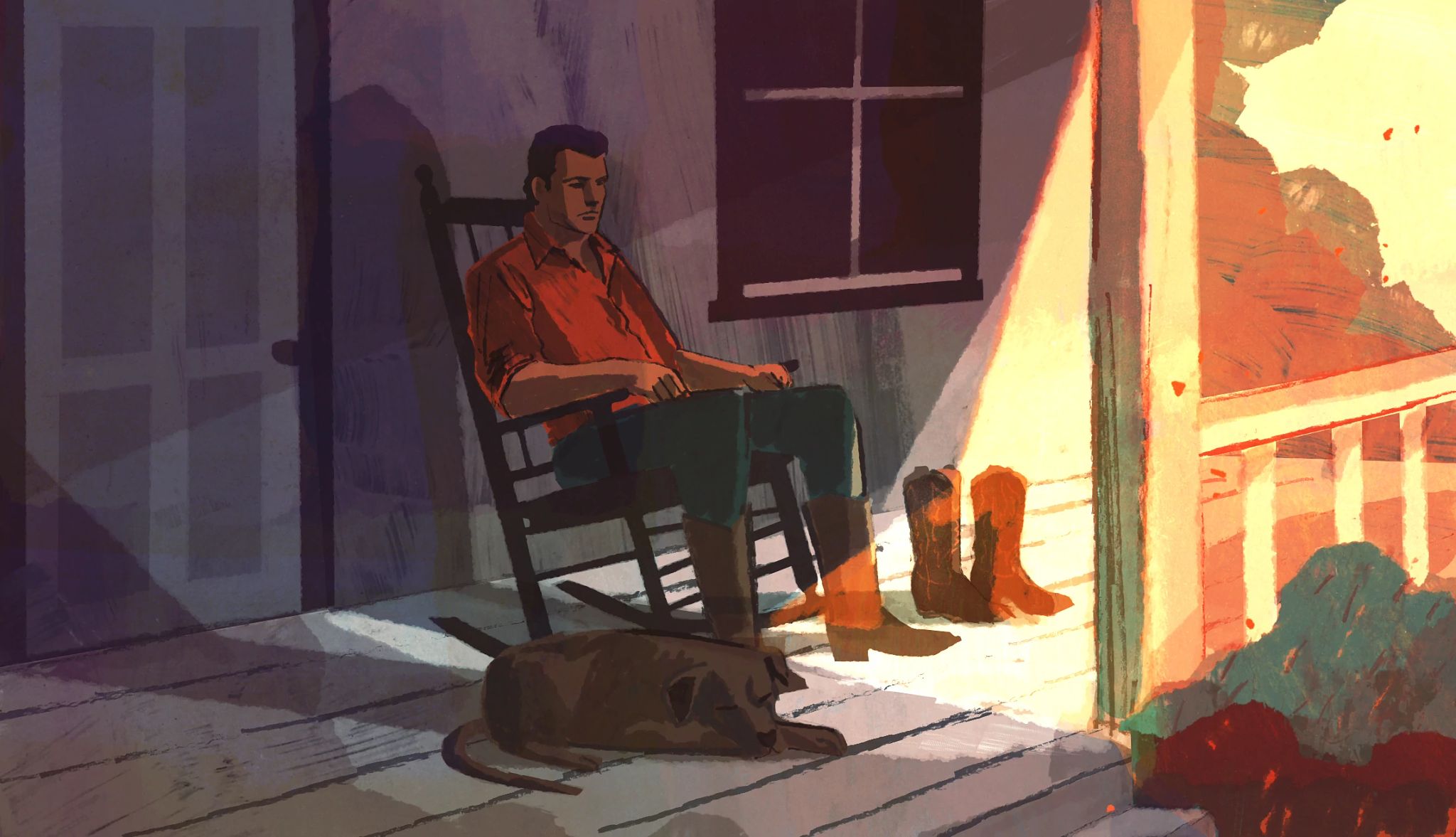
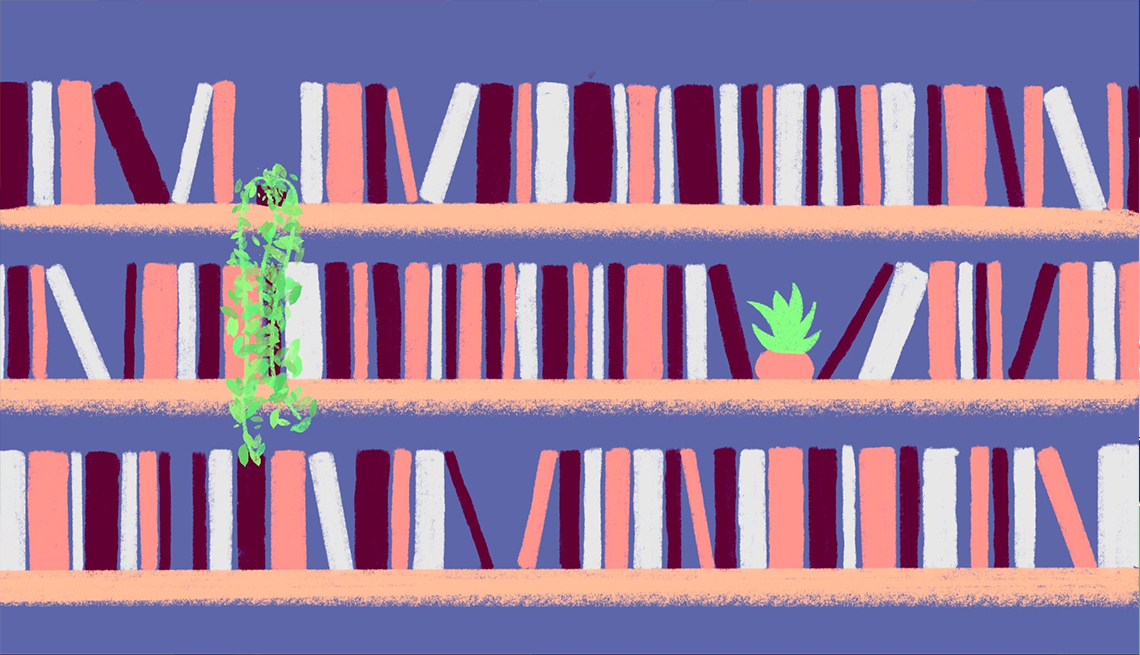
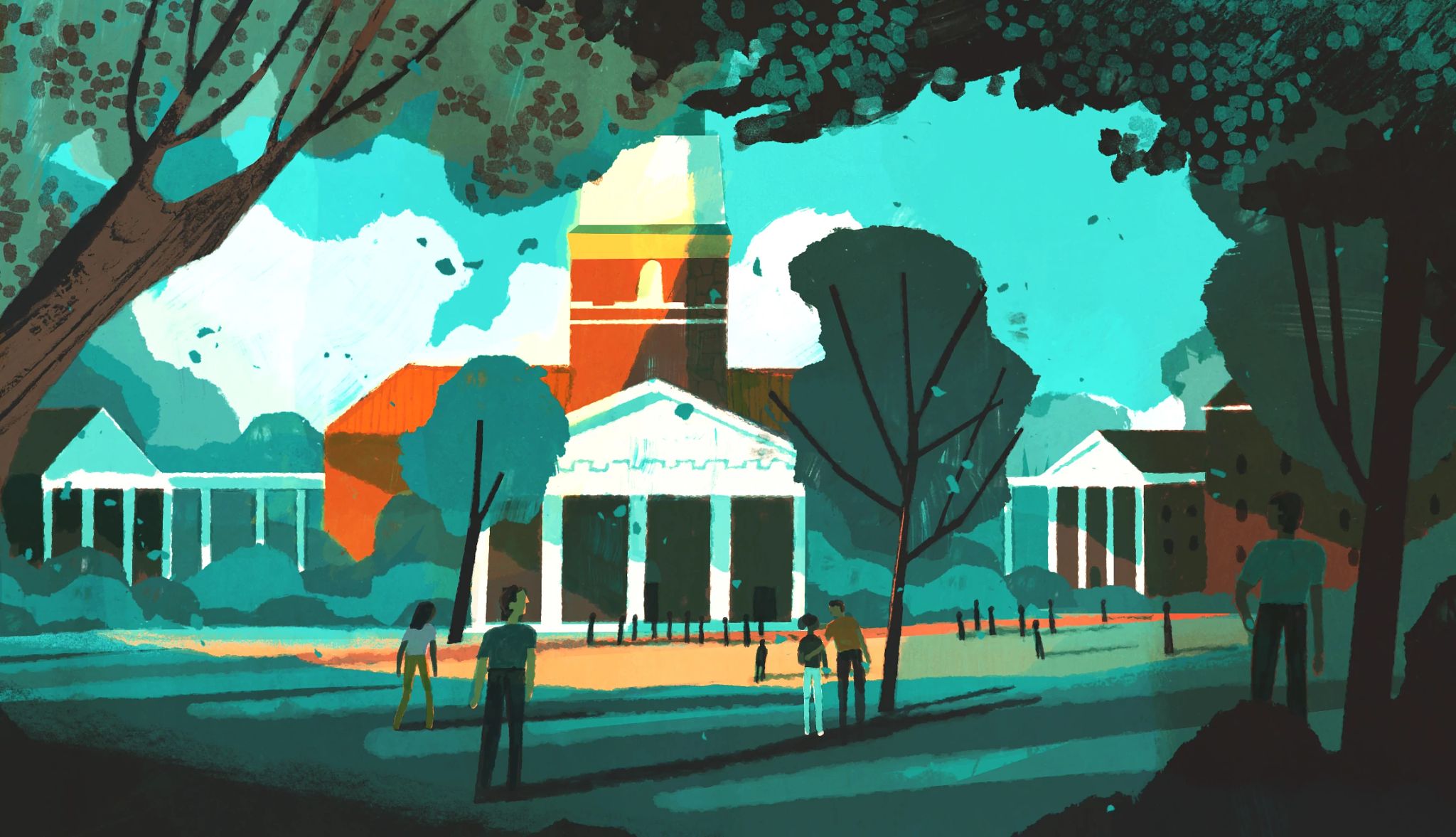
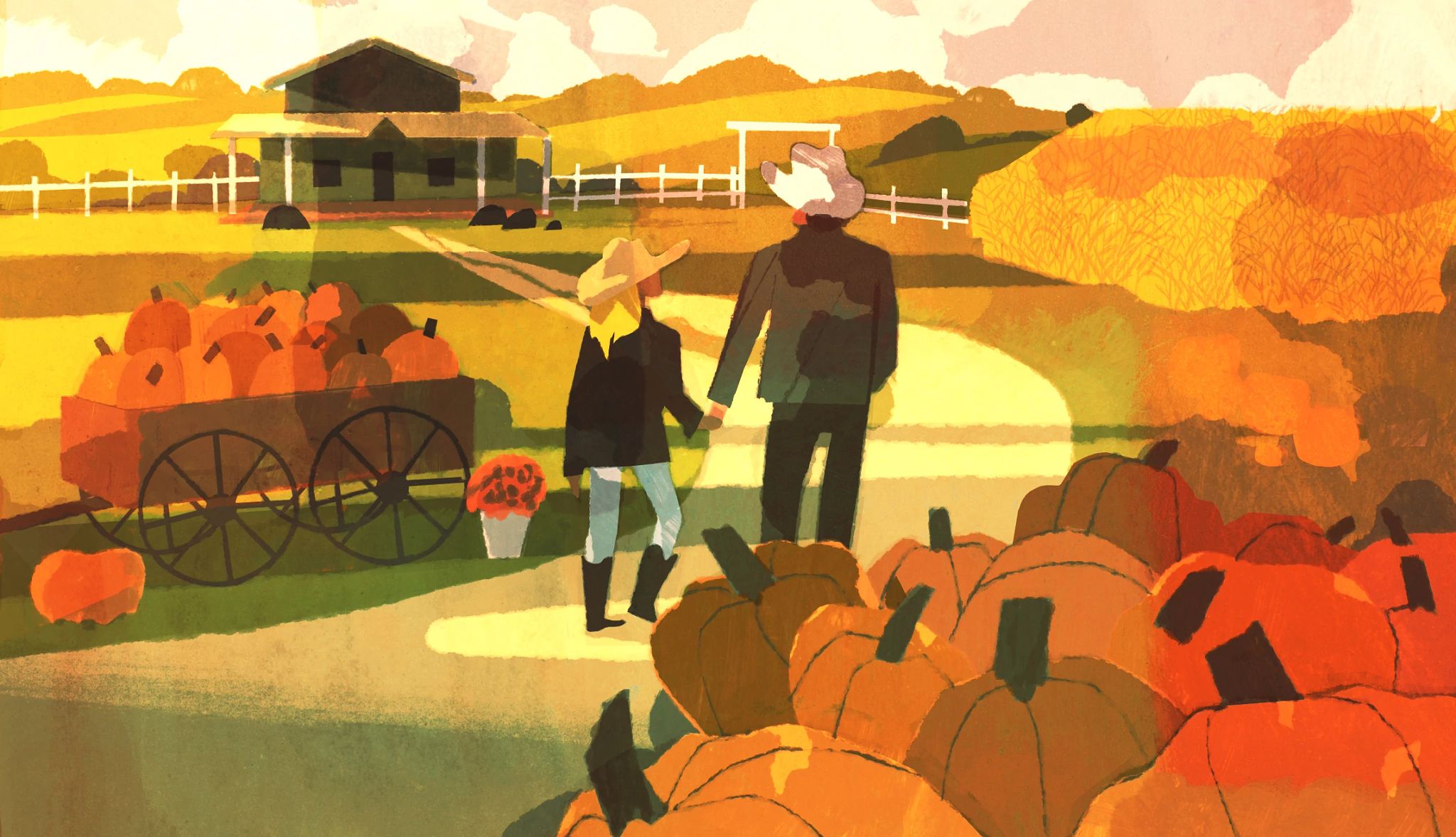
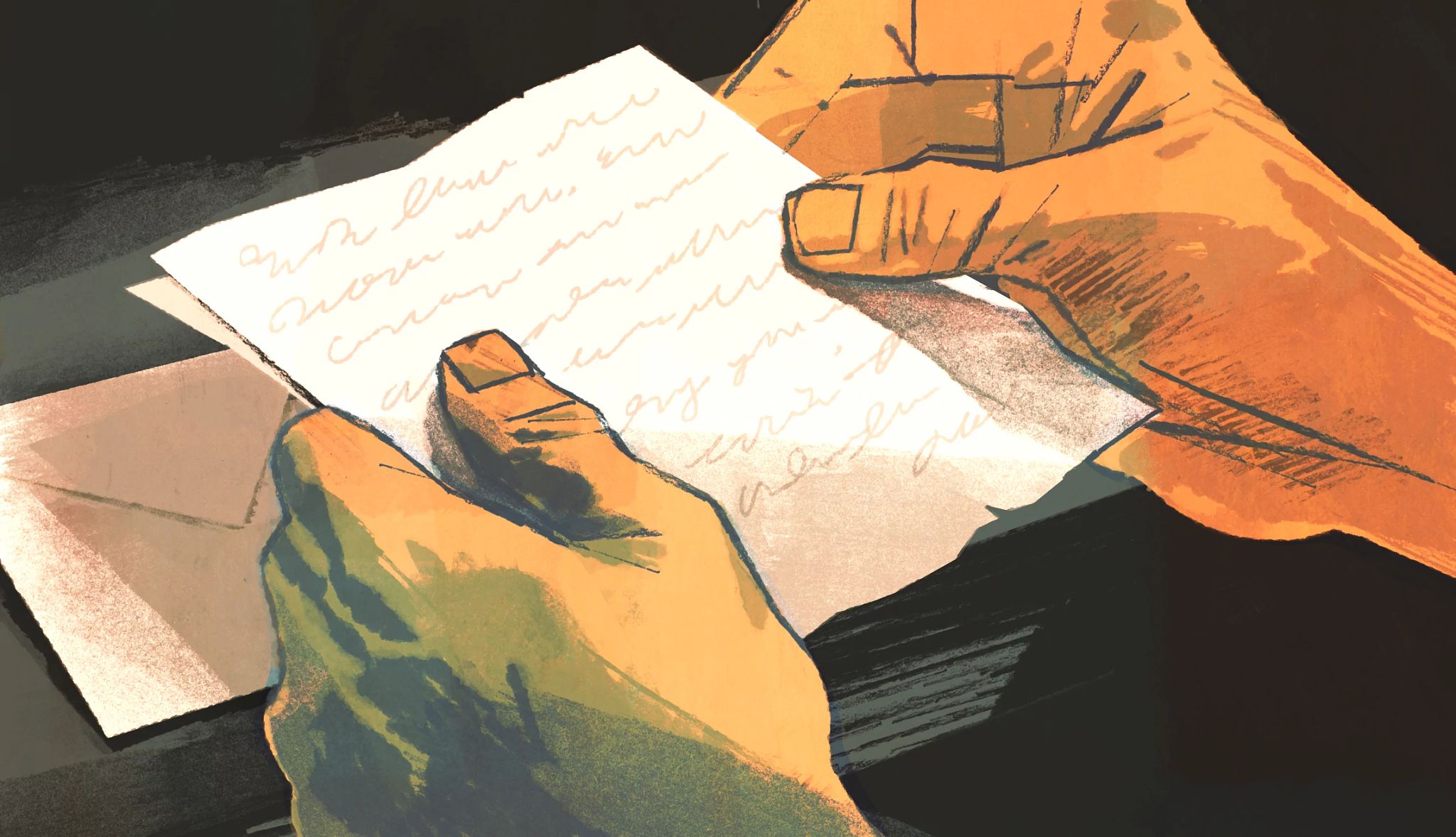
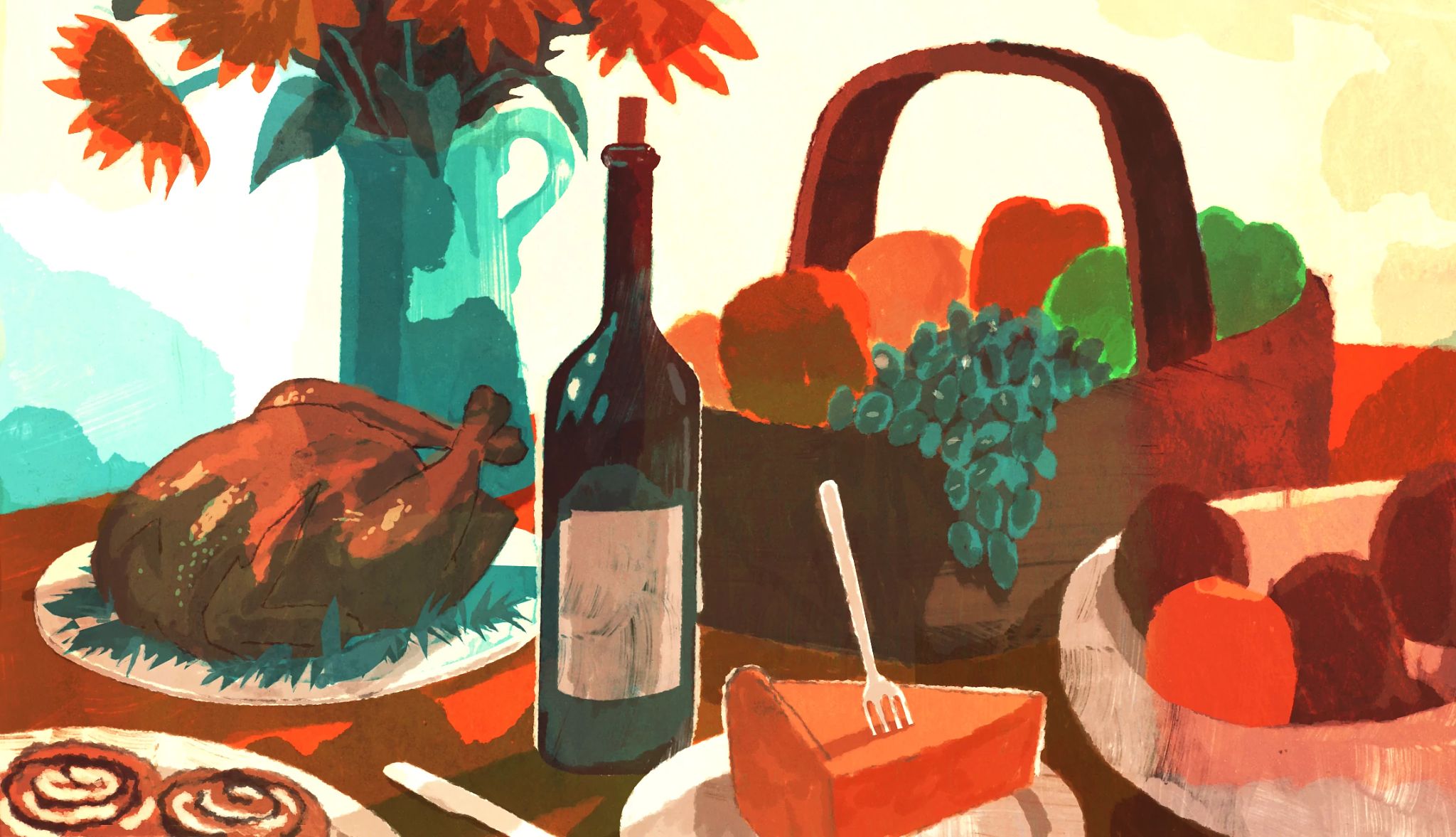


You Might Also Like
Is Nicholas Sparks as Romantic as the Leading Men in His Stories?
Author of ‘The Longest Ride’ and other best-selling novels discusses life, love and his new book, ‘Counting Miracles’
Free: ‘The Excitements’ by CJ Wray
Feel-good romp follows the law-breaking escapades of two quirky 90-something WWII vet sisters
More Free Books Online
Check out our growing library of gripping mysteries and other novels by popular authors available in their entirety
Recommended for You